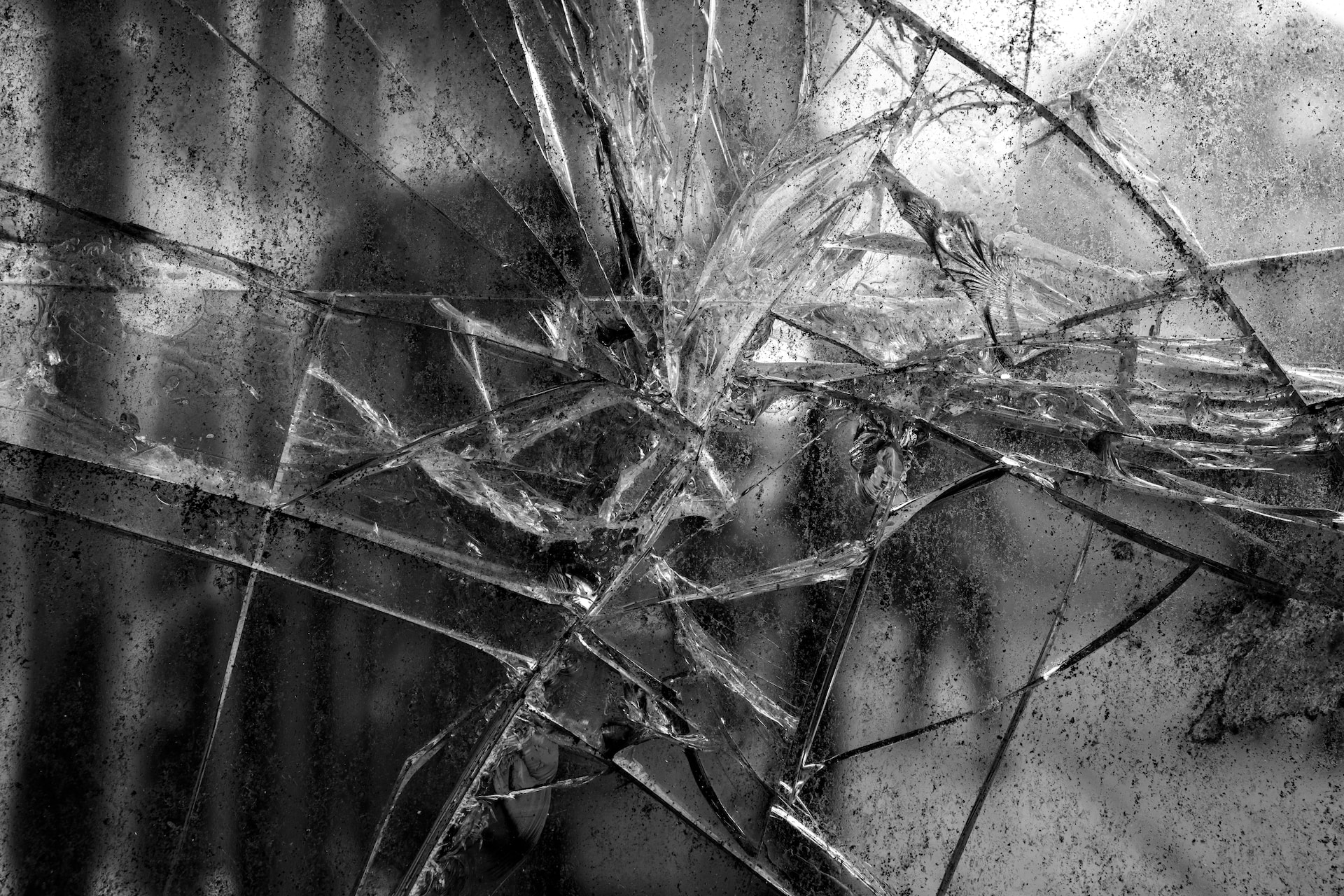
What you should know about claims
Stay prepared by reviewing the most frequently asked questions about the claims process below…
What should I do if the other party offers to pay for my vehicle damage?
Due to past experiences with our policyholders, it is not recommended that you settle your claim directly with the other party involved. It is our recommendation to report your claim to your broker/agent and have them forward it to our office for handling to completion.
How is fault determined in a motor vehicle accident?
In Ontario, all insurers licensed to write in the province abide by the “Fault Determination Rules”. The chart sets out common accident scenarios and apportions fault wholly or partially based on the facts of the loss. Review the “Fault Determination Rules” in detail at ServiceOntario e-Laws.
What is “no fault” insurance?
“No fault” is an often misunderstood term and it does not mean that no one is at fault in a motor vehicle accident. “No fault” insurance is a term that describes Accident Benefits coverage that is paid for injuries or death sustained in a motor vehicle accident regardless as to who was at fault for the accident. It also refers to the fact that whether or not you were at fault in the accident, you claim your damages through your own insurance company if the accident takes place in Ontario (certain regulations apply).
What is a deductible?
A deductible is the portion of the claim that you are responsible for based on the percentage of fault that is attributed to you for the accident. A deductible is also charged for comprehensive claims such as vandalism or theft. For example, if your deductible is $300 and the total claim is worth $1500, we would pay $1200 to you.
What if the police want to tow my car?
The police have the right to impound your car. If they do, it will be taken to a secure compound. Tow truck drivers may suggest they take your car to a specific repair facility. This may not be in your best interest as some tow truck drivers receive a commission from the repair facility. You have the right to direct them to take your car to any shop or location. The choice is yours! We will reimburse any reasonable expense incurred. We suggest that you do not sign any document related to the repair of your vehicle until you have had a chance to assess your options. At a minimum, carefully read any document you are asked to sign.
What is a “Collision Reporting Centre”?
In many locations in Ontario, the police will no longer attend the scene of an accident unless someone is injured or criminal activity is involved. Drivers are now required to attend the local “Collision Reporting Centre” (or CRC). Drivers should attend the CRC immediately after the accident, but can attend within 24 hours of the loss. Some CRCs are run by the local police force, but most are operated by a private company (supported by the police).
Certain by-laws require non-drivable vehicles to be towed to the CRC from the scene of the accident. In some cases, you may feel pressured by the tow operator to take your car to a body shop affiliated with the tow company. Again, it is your choice as to where to have your vehicle repaired. If you are unsure, call your broker/agent, a Peel Mutual representative, or leave your vehicle at the CRC.
What do I do if I need a rental car?
You are eligible to receive a car rental if you have the required endorsement which covers you for a replacement vehicle. You are also entitled to a rental if you are not at fault for an accident and the claim takes place in Ontario (some restrictions apply).
Are personal possessions stolen from an automobile covered under my automobile policy?
No. Your automobile policy only covers the vehicle and its equipment. You should report this to your home, condominium or tenant insurer.
If I am involved in an accident, and my vehicle sustained minor or no damages, do I have to report this to my insurance company?
Yes, all automobile accidents must be reported promptly to your insurance company, as it is a requirement under your automobile policy.
